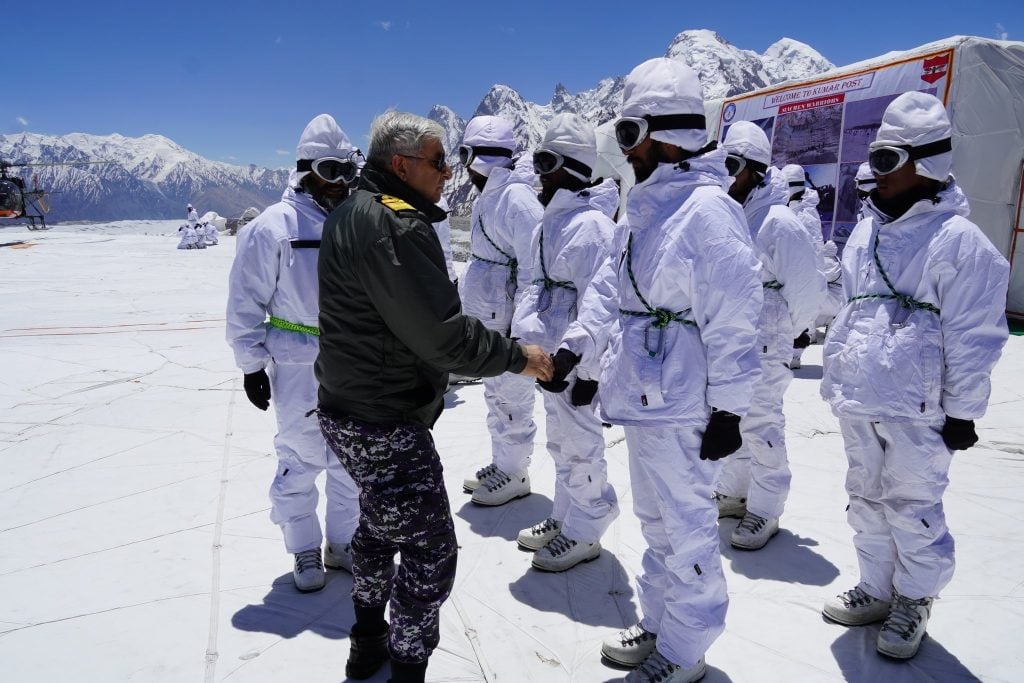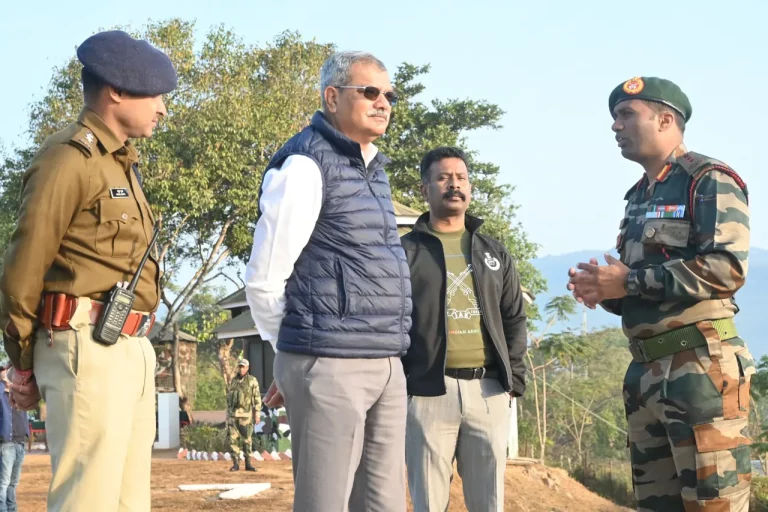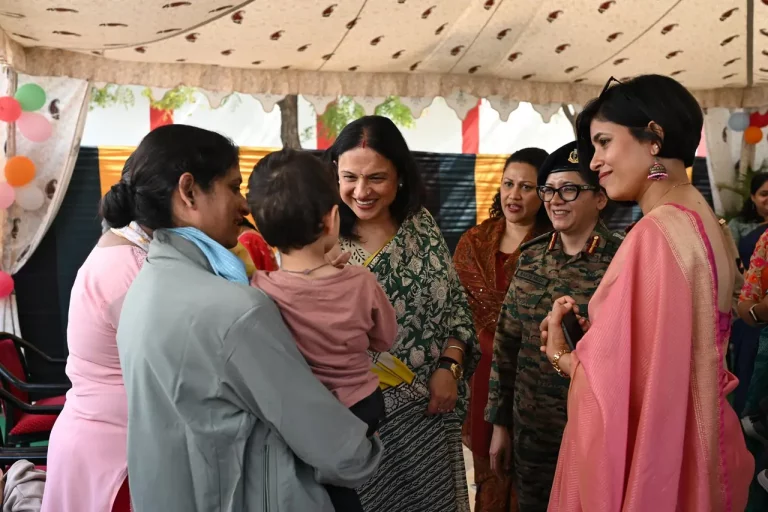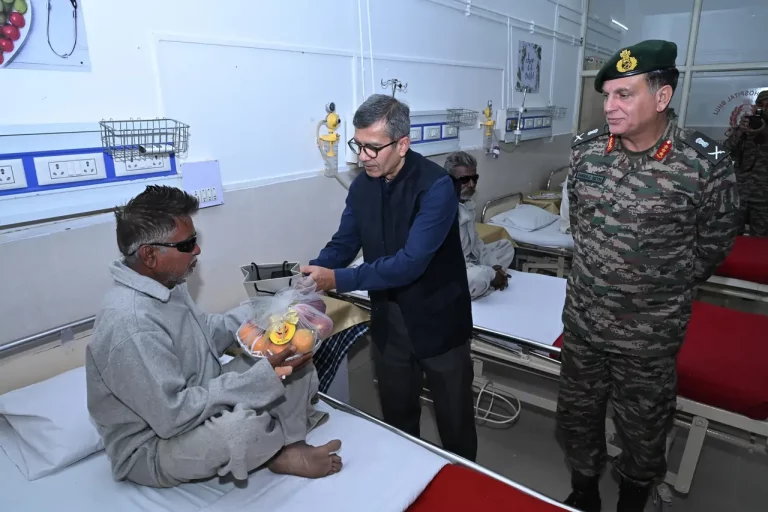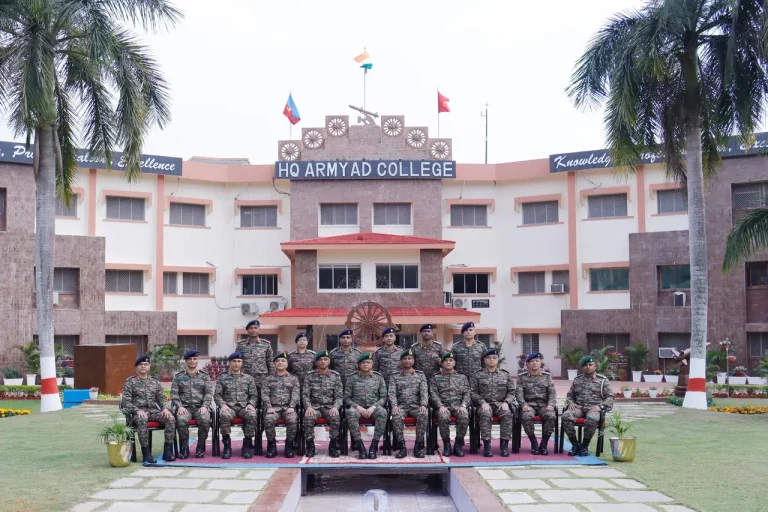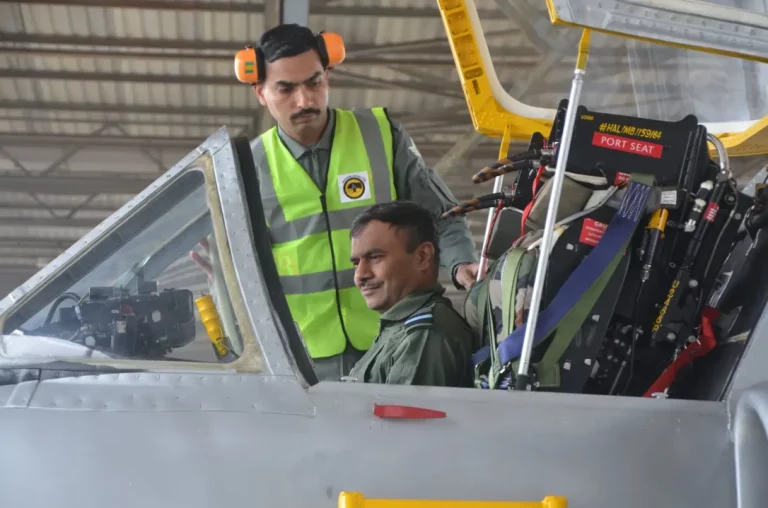Surg Rear Admiral Vivek Hande, Senior Consultant (Medicine) at the Office of the Director General Armed Forces Medical Services (DGAFMS), has completed a rigorous 10-day operational tour of the Ladakh Corps Zone, which focused on evaluating and enhancing medical resilience in extreme high-altitude conditions. The tour, conducted from June 7 to June 16, was marked by engagements with field medical teams and research centers and culminated in a notable visit to the Siachen Glacier.
During his tour, Rear Admiral Hande inspected multiple military hospitals and forward-deployed field medical units. His evaluations centered on logistics, patient care standards, and the adaptation of medical infrastructure to the challenging Himalayan terrain. One of the key highlights was his visit to the High Altitude Medical Research Centre in Leh, where ongoing research initiatives were assessed. Notably, the center’s acclimatization protocols have reportedly led to a 30% reduction in cases of acute mountain sickness, as detailed in a 2019 report from the Journal of the Royal Army Medical Corps.
A pivotal moment of the tour was Rear Admiral Hande’s inspection of the Siachen Glacier, where he had the opportunity to engage directly with medics and soldiers stationed in one of the harshest environments on the planet. With temperatures frequently plunging to -50°C, the glacier is responsible for a significant proportion of non-combat casualties in the area, primarily due to its severe weather conditions. Hande commended the high morale and professionalism displayed by the Armed Forces Medical Services (AFMS) personnel operating under these tough circumstances, highlighting the essential role that medics play in maintaining operational effectiveness at extreme altitudes.
The discussions during the tour also addressed environmental concerns stemming from prolonged military deployment in the glacier region. Data from the Pakistan Meteorological Department highlights an annual temperature increase of 0.2°C since 2007, a trend that contributes to accelerated glacier melting. In an effort to mitigate ecological damage, the Defence Research and Development Organisation (DRDO) has implemented measures involving cold-resistant bacteria to aid in the natural breakdown of waste, part of a wider plan focused on preserving the delicate ecosystem of the region.
Rear Admiral Hande’s visit emphasizes the commitment of the Indian Armed Forces to enhance medical preparedness in remote and high-risk areas, while also addressing the pressing need for environmental responsibility. The insights and assessments gathered from this tour are anticipated to play a critical role in shaping future medical strategies and innovations tailored to the unique challenges of high-altitude warfare.
